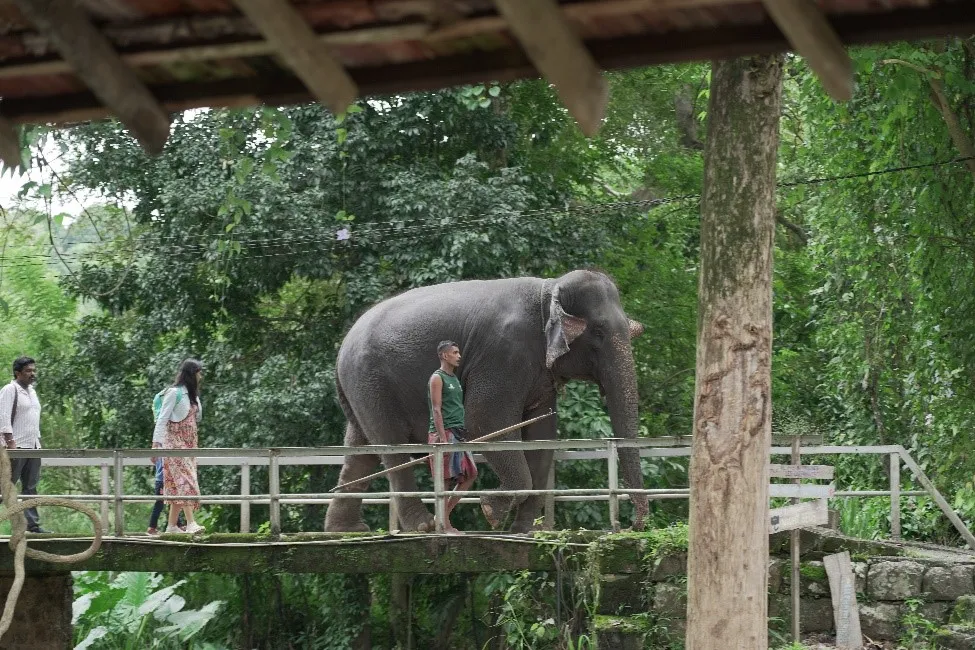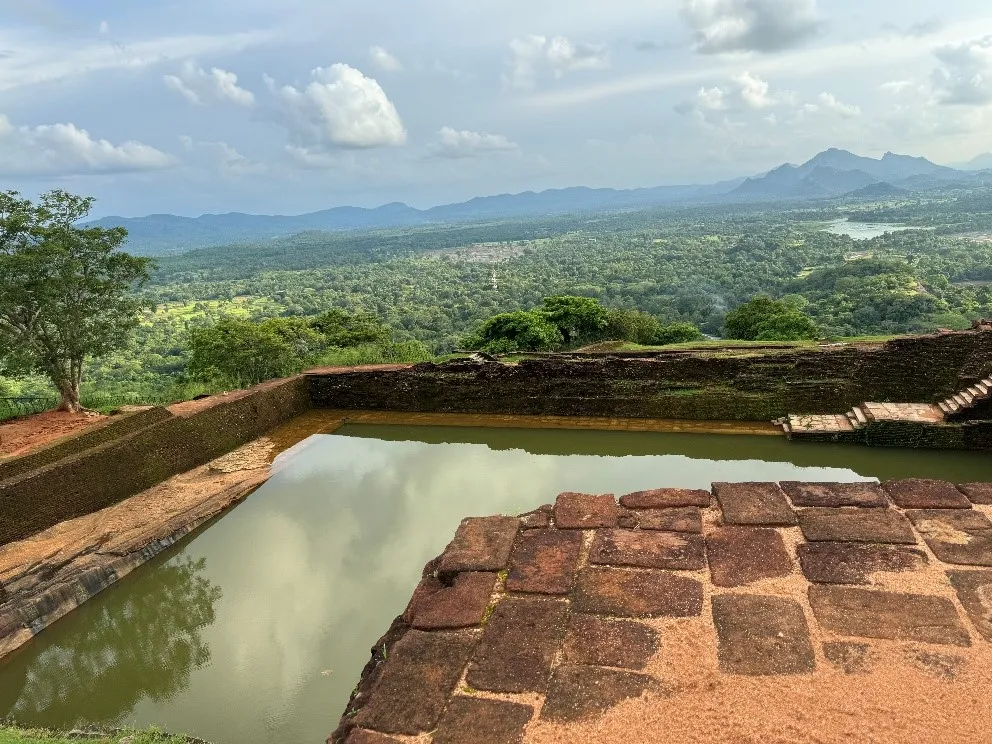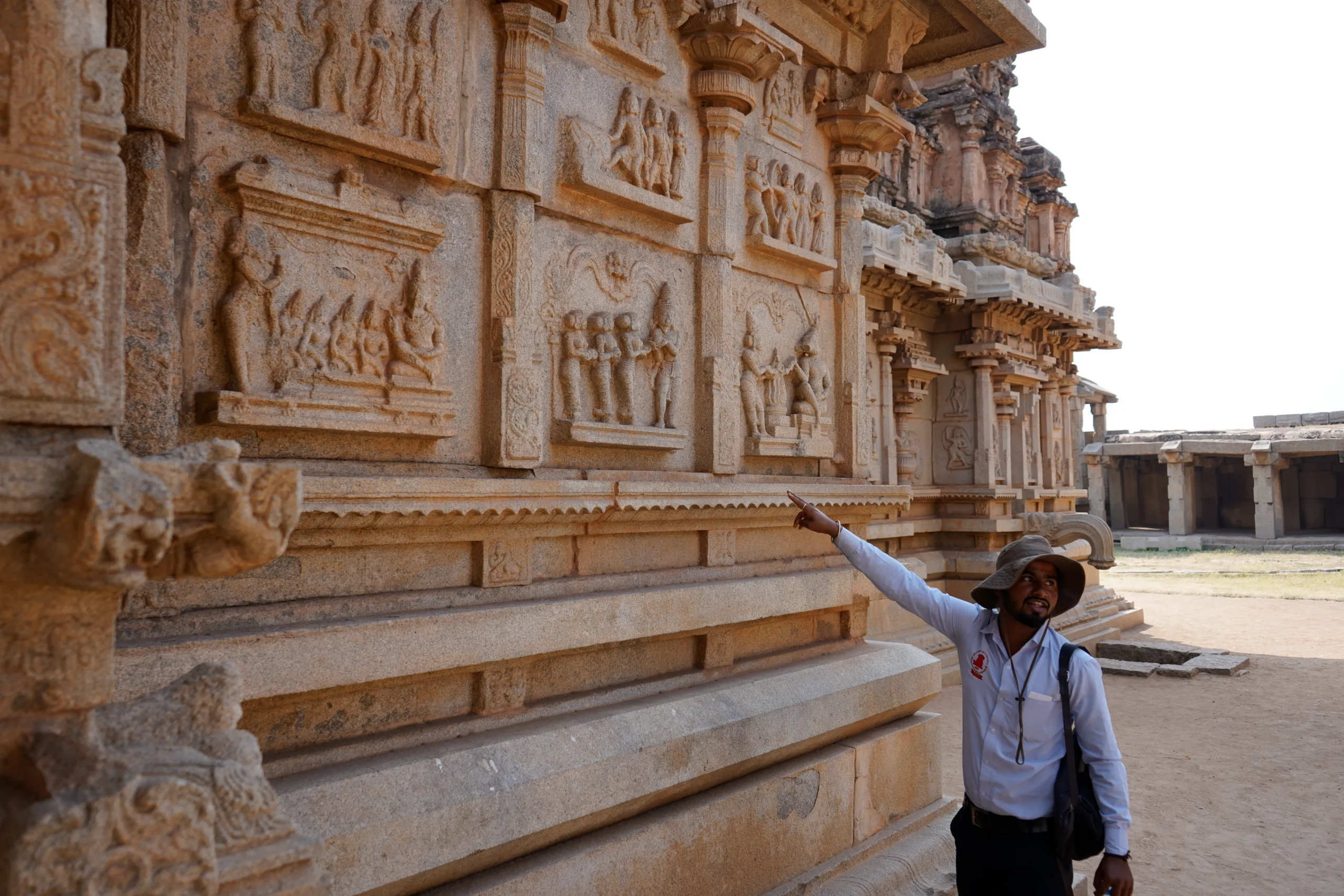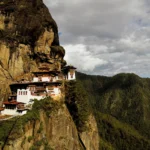Bhutan: No Country For Backpackers
Lorem Ipsum is simply dummy text of the printing and typesetting industry. Lorem Ipsum has been the industry’s standard
Ritu@2017
We have been reading many posts on the Internet from travellers (mostly Indian) who state that they have backpacked across Bhutan. We beg to differ. You can undertake a ‘budget’ trip but you cannot be a backpacker in Bhutan. Here’s Why…
1. A trip to Bhutan must begin with 100% planning: Visitors are required to plan well in advance and plan their itineraries so as not to waste time in the country.
To those who travel with planned itineraries, this statement may sound quite incongruous and even nonsensical. But coming from someone like us, who make travel arrangements, reach our destination and ONLY then decide a course of action, our sojourn in Bhutan was too well planned for our liking. We had not only had to decide where we wanted to go, but make a couple of “necessary” hotel bookings as well. Isn’t this what “backpackers” don’t do?
2. Everyvisitor needs to get a “permit” to visit the country: this permit is akin to a Visa. Europeans and Americans or and several other nationalities have to pay a fee of 250 USD per day, per person to Bhutanese tour operators to visit the nation. This cost includes stay, food, transportation and local sight seeing. They also have to pay an additional 40 USD one time Visa fee as well surcharges for solo or two travellers.
By its very essence then, after you’ve paid a fee of 250 USD you are in a sense bound by the itinerary fixed by your travel guide or tour operator with minimal or no last minute changes. For example, if you want to go visit the most pristine district that has just been opened to visitors called Haa, your operator may not be able to make necessary last-minute arrangements since your entry permits may not be valid for the said district. In addition, your operator will have to make travel and/or stay arrangements just for you, which may not be economically viable for him too.
Permits are also granted to certain districts and based on your nationality you may be denied permission to visit a certain district. When a tour guide/operator plans your Bhutan vacation for you, he will ensure that all necessary permits have been taken. For example, Indians are denied permission to visit the districts of Gasa and Laya as they border Tibet (which is currently under Chinese occupation).
On the other hand, if you are from India, Bangladesh and Maldives then you do not need to pay 250 USD but have to get your permits either upon arrival or an ePermit only through an authorised travel agent in Bhutan.
PS: Indian nationals can get permits with a passport/Voter’s ID card.
Now the problem for backpackers lies here.
As a backpacker you’d probably want to land up in the country, mingle with the locals/natives, and then figure out what you would like to do. However, with permits to the districts in the country being granted for a strict period of time and for select regions only, you get constrained by it.
4. Longer Treks become a distant dream: Without a tour operator and “planning” it is also impossible to undertake any one of the famous treks in the country. For example, the 5 day Druk Path trek (easy to moderate) from Paro to Thimphu would cost in the region of 7000 INR per day per person and cannot be undertaken without a proper trek staff and guide. Only authorised travel agents can supply you the same.
5. Transportation – One of the problems for backpackers who travel on limited budgets is the lack of public transportation within Bhutan. You can’t just go to a bus stand (like the (in)famous bus stands in India) and take the next available bus to your destination. Buses between districts ply as per a pre-determined timetable and do not exceed a frequency of a bus every day. Getting a seat on one of these is virtually impossible since the vehicles are 30 seaters and are generally booked well in advance by Bhutanese to traverse within the country. Bhutan doesn’t have a railway system.
If you go in peak season you will likely spend a few extra days hanging around trying to book a seat on one of these buses. The only alternate for travellers is to hire cabs, which may cost upwards of 2600 INR (equivalent to 2600 Nu) per day depending upon the vehicle hired.
Bhutan is a Himalayan Nation and average travelling time from one district to another is about 25-30 kms per hour. So while you spend a lot of money in internal travels, you also spend a lot of time for the same. (Makes you recall the efficiency of the public transport system in India – for all its pitfalls, you will find a state transport bus that will connect you to an extremely remote part of the country – say, from Bhuj to Ropar, which is the closest bus stand to reach the Harappan site Dholavira in the Rann of Kutch, Gujarat).
To save time, money and avoid going around in circles, it is imperative to “plan” your Bhutan trip in advance.
According to the Lonely Planet, Bhutan is one of the most expensive tourist destinations in the world. Not withstanding the 250 USD charges that foreigners have to pay, Indians also end up spending a major chunk of their budget on internal travel.
The reason for the steep 250 USD charge we were made to understand is to keep all sorts of tourists at bay and make Bhutan an exclusive destination. The government has studied the disasters caused by its neighbour, Nepal’s uncontrolled tourism and has vowed to learn lessons from it – a cause we appreciate and support – for when you travel within the country you do realise the value of “controlled” tourism (no jostling, shoving, standing in queues etc.).
Saving Grace
We cannot sign off this post without our “saving grace” paragraph, which in Bhutan could include a lot of things – like its beauty, its history and culture and its people, but since we’re talking budgets here, we’ll talk about the hotels
Hotels are the saving grace in an otherwise expensive-to-tour country. There are many good 3 star hotels that are at par with the 4 stars in India, providing better facilities to guests.
I’ve stayed in these hotels for many years now and the facilities include free wi-fi, hot water, toilet paper, TV in the room, heater and blankets (clean, mite-free), laundry service, room service and a smiling face that greets us every time we walk in weary from a hike!
Bhutan has its fair share of resorts and world-class high budget hotels, but living in one of these family-owned hotels also proffered us the opportunity to interact with the locals in an almost informal atmosphere.
The crux of this post is to discourage Indians from assuming that Bhutan is for backpackers and to encourage everyone to understand why!
Happy Travelling!
Author Details









